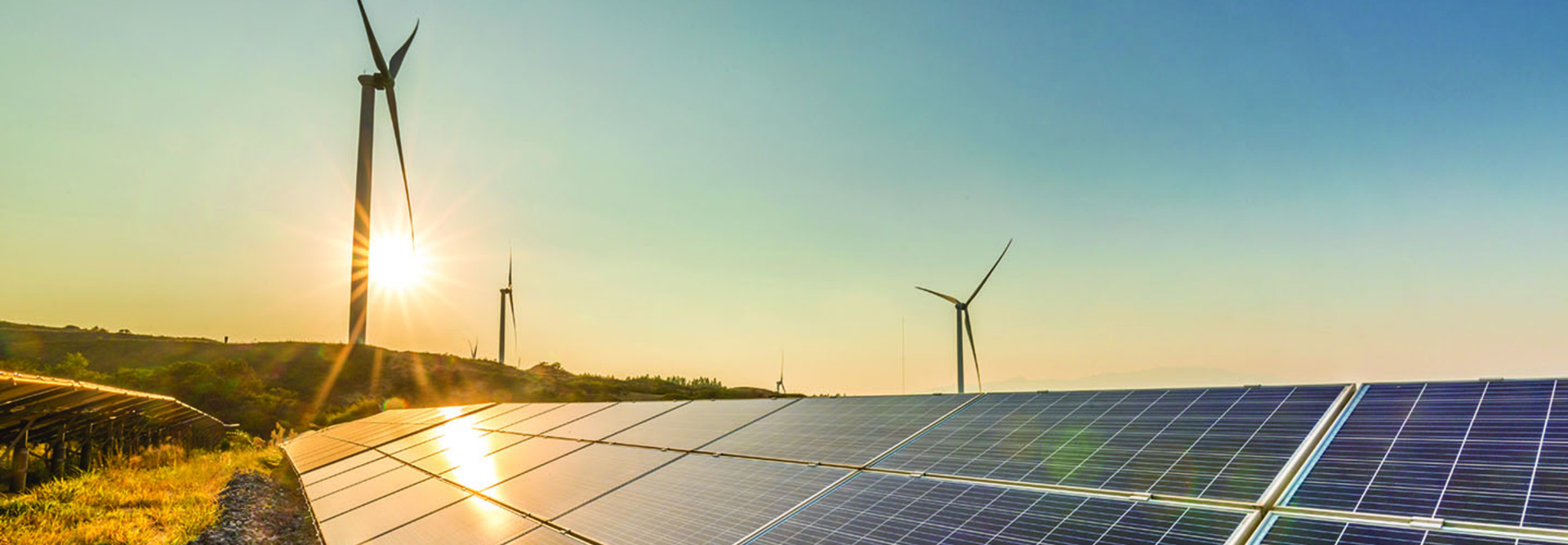How AI Can Support the Utility Industry
Utility companies are leveraging AI and machine learning to manage the litany of diverse factors affecting renewable energy.
For one, AI can improve the reliability of solar and wind power by analyzing enormous amounts of meteorological data and using this information to make predictions. Armed with these insights, utility companies can better serve customers by removing the guesswork from the process of gathering, storing and distributing green energy.
Once deployed by a utility company across departments, AI can also aid in integrating microgrids and managing distributed energy. As a company adds energy generation technologies from local and community levels to larger grids, energy flow can make the system unstable. The most efficient way to balance these surges of power is to enlist AI in analyzing grids before and after they absorb smaller units, and in working to reduce congestion.
AI can also improve intelligent energy storage by gathering and analyzing data to determine the best batteries for power allocation. When AI functions as a tool for studying and regulating energy storage, it can also map the ideal layout for new storage spaces and energy farms as a company scales, notes market research firm Nanalyze.
MORE FROM BIZTECH: Read how AI is revolutionizing retail.
How Energy Companies Are Already Using AI
Several energy companies currently use AI to facilitate and intelligently improve their internal systems, and their successes with the technology are making a compelling case for further expansion.
For instance, Nnergix pools data from the energy industry to make predictions and develop weather forecasts, and it leverages AI to improve accuracy. Smart home company PowerScout uses AI to identify spots in its code that will help save consumers money, and Google DeepMind used AI between 2014 and 2016 to reduce the amount of energy needed to cool the company’s huge data centers.
“Specifically, a set of data center operating scenarios and parameters were used to train a system of neural networks,” notes Emerj, an AI research company. “The neural network ‘learned’ how the data center functioned and began identifying opportunities for optimization.”
Regardless of a company’s exact focus, the renewable energy sector is becoming an increasingly important economic force around the world. As Imaginovation puts it: “The combination of artificial intelligence and renewable energy seems to be the perfect marriage of an emerging technology with a maturing industry.”
AI-powered data analytics is a particularly promising path to speeding up the industry’s expansion. By reducing the chance of human error in energy sourcing, storage and proliferation, AI will prove to be a useful tool for companies intent on reducing costs, expanding access to renewable power and preserving the natural environment.











